6.3 | Waxes
1/19
There's no tags or description
Looks like no tags are added yet.
Name | Mastery | Learn | Test | Matching | Spaced | Call with Kai |
|---|
No analytics yet
Send a link to your students to track their progress
20 Terms
Waxes
- Natural mixtures
- has large amounts of esters derived from higher monohydric alcohols of the methyl alcohol series combined with fatty acids
Waxes: Alcohols
- change from liquids to solids
- become less water-soluble
- higher MP & MW
Waxes: Examples (2)
1. Vegetable products - e.g., carnauba wax
2. Animal products - e.g., beeswax
Beeswax: Source
Melting & purifying the honeycomb of Apis mellifica and other bees
Apis mellifica is a _
homeopathic therapy, not a bee species
Beeswax: Zoological origins (5)
1. Apis mellifera
2. Apis dosarta
3. Apis cerana
4. Apis indica
5. Apis florea
Beeswax: Family
Apidae
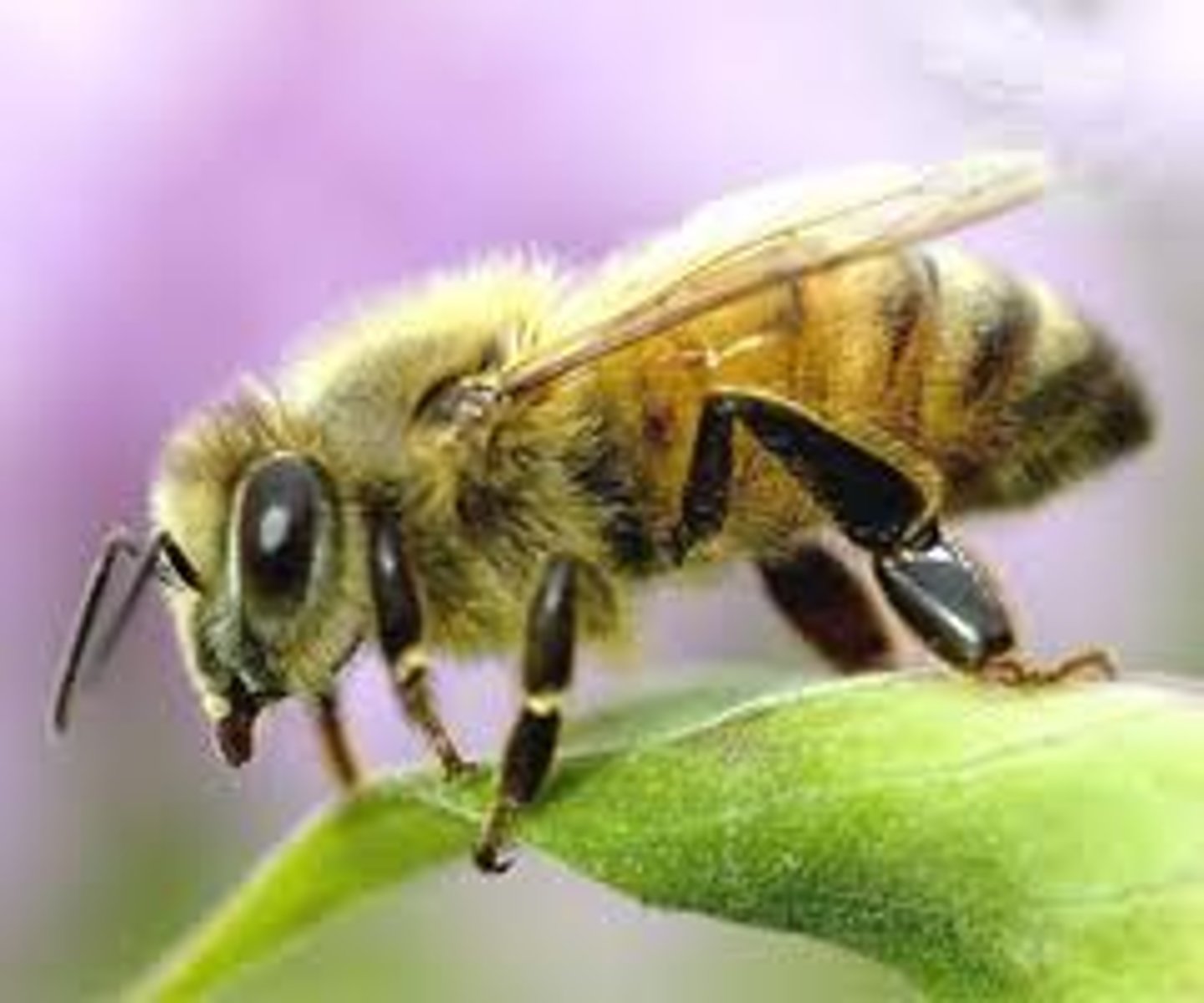
Beeswax: Geographical Sources (6)
1. West Indies
2. California
3. Chile
4. Africa
5. Madagascar
6. India
Beeswax: Types (2)
1. Yellow beeswax
2. White beeswax
Yellow Beeswax: Preparation
1. honey removal
2. melt comb underwater
3. solid impurities sink
4. residual honey dissolves
5. strain
6. wax solidifies in suitable molds
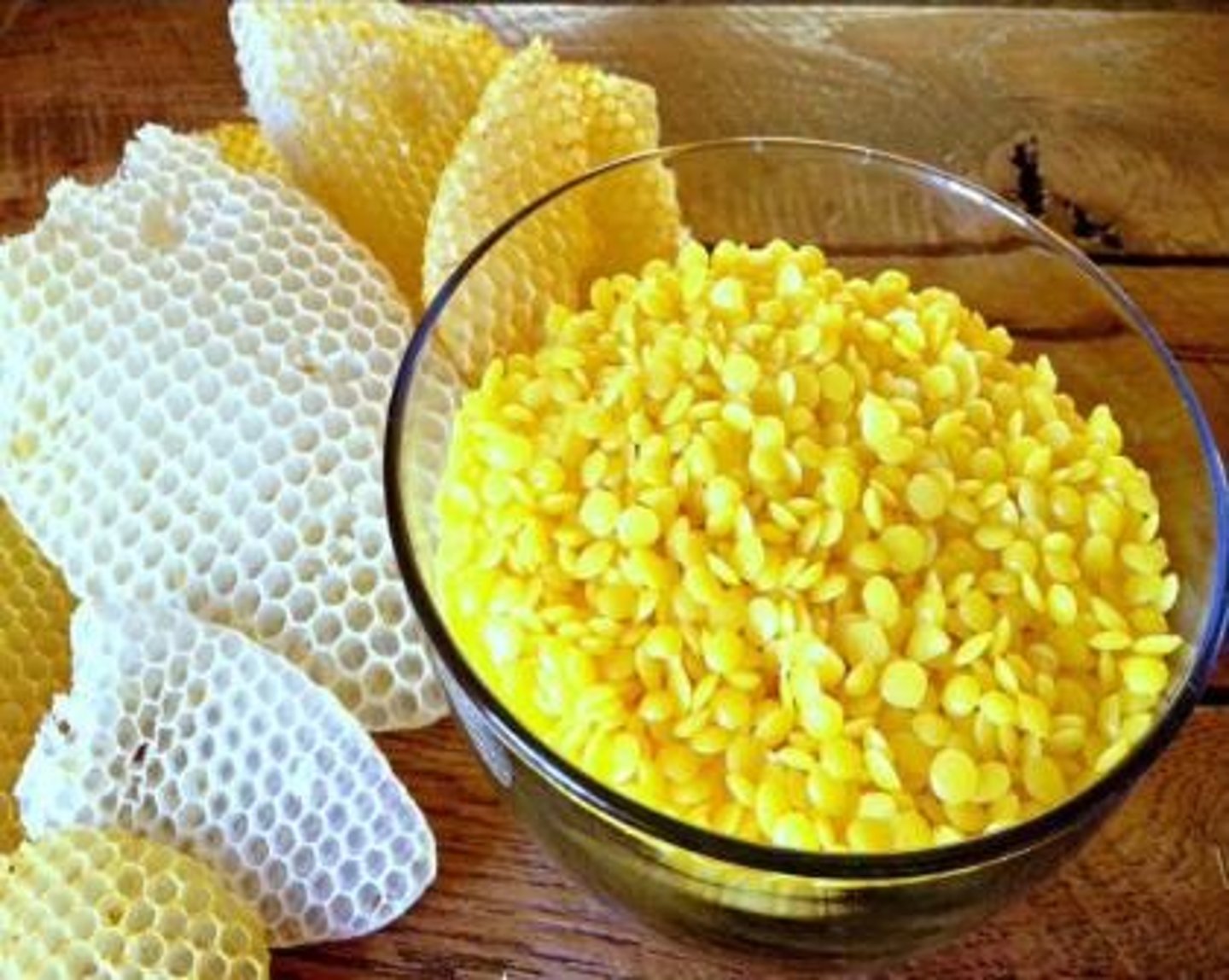
White Beeswax: Preparation
yellow beeswax
- treated with charcoal, KMNO₄, HCrO₄, or Cl
- by slow bleaching action of light, air, and moisture
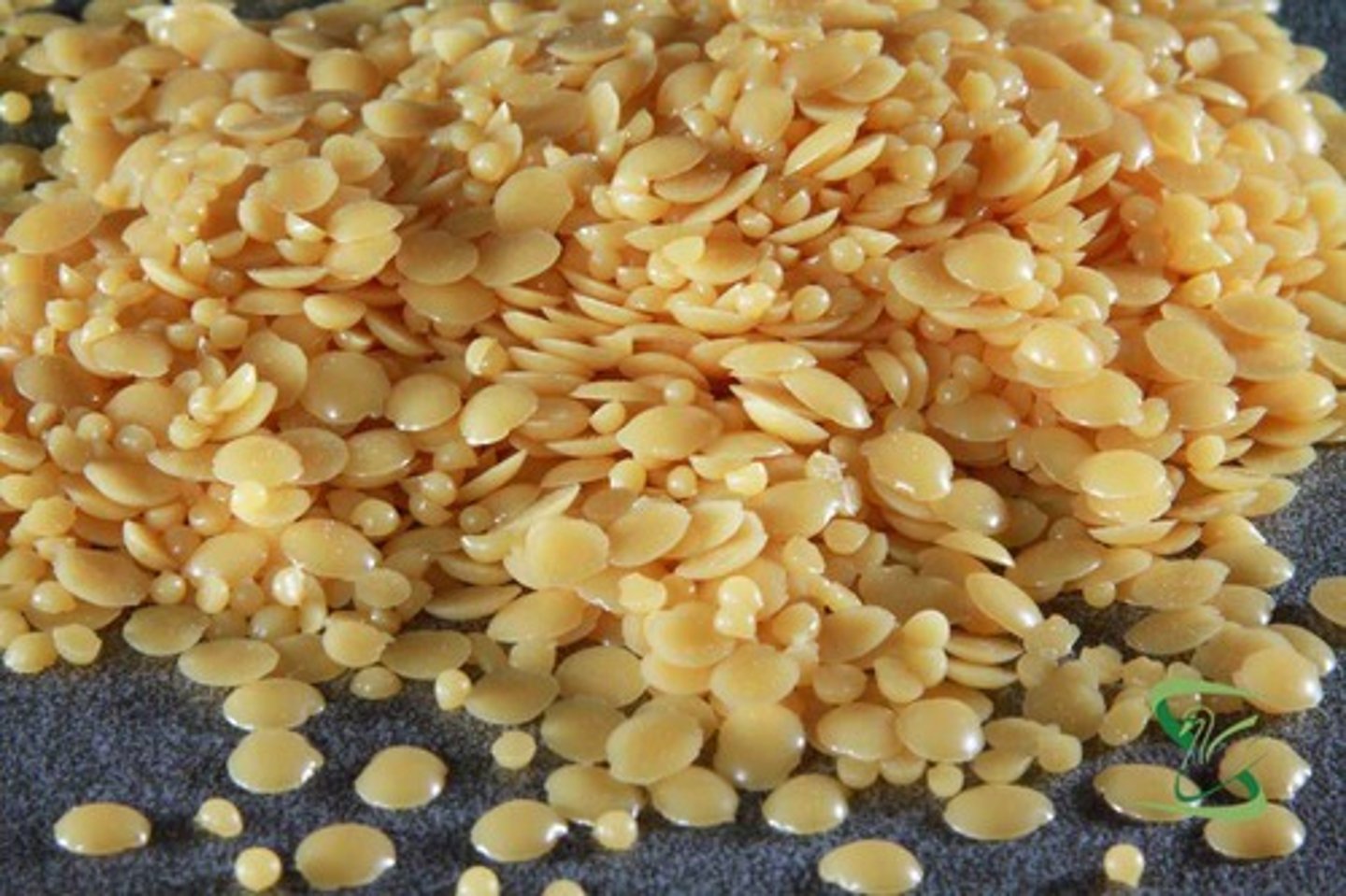
Beeswax: Characteristics (6)
1. yellow-brown or yellow-white
2. granular fracture
3. characteristic odor
4. water-insoluble
5. slightly alcohol-soluble
6. dissolves in chloroform, warm fixed and volatile oils
Beeswax: Constituents (3)
1. 80% myrisin = myricryl palmitate
2. a little myricyl stearate
3. free cerotic acid
Beeswax: Adulterants
Japan wax
- not a true wax, but a fat
- from fruits of Rhus, Anacardiaceae
Beeswax: Uses
preparations of plasters, ointments, polishes
Carnauba Wax: Botanical Origin
Copernicia cerifera
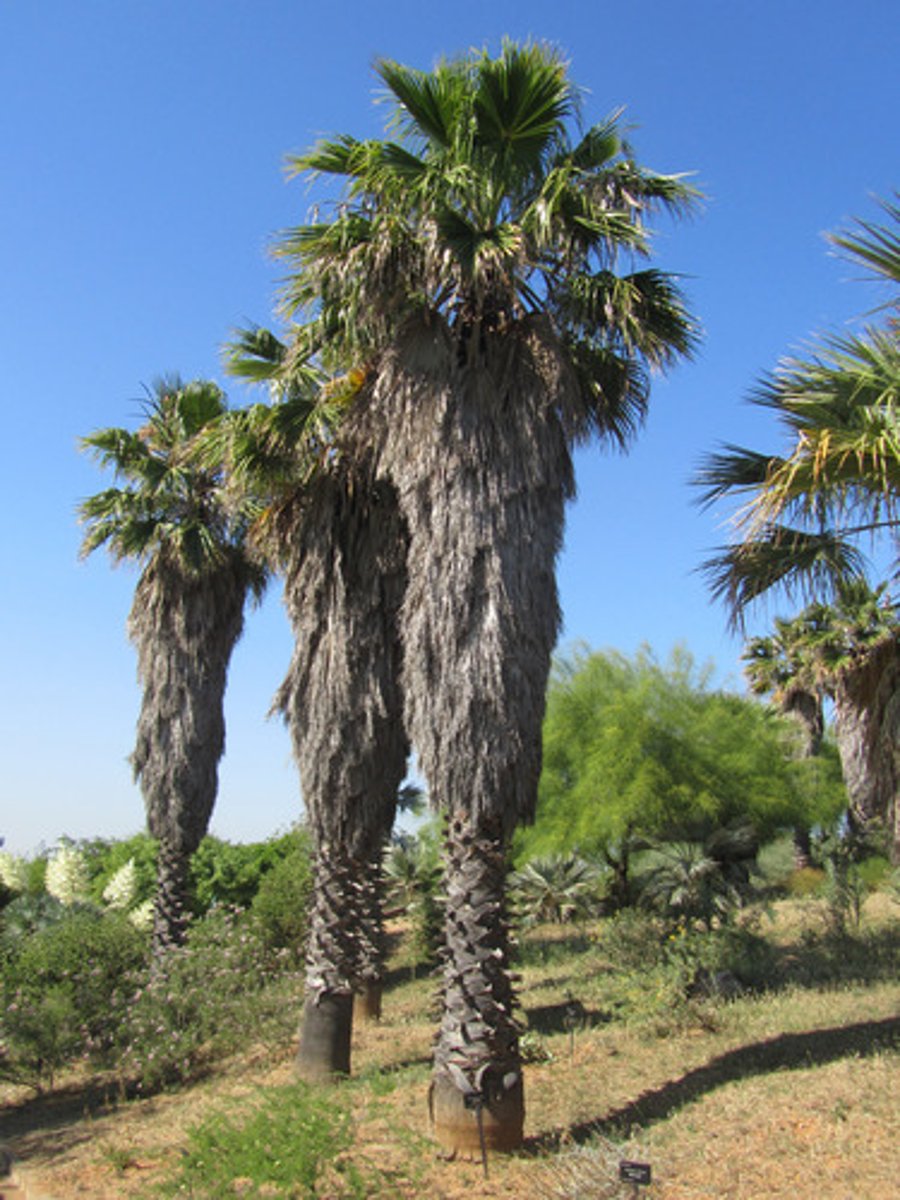
Carnauba Wax: Family
Arecaceae
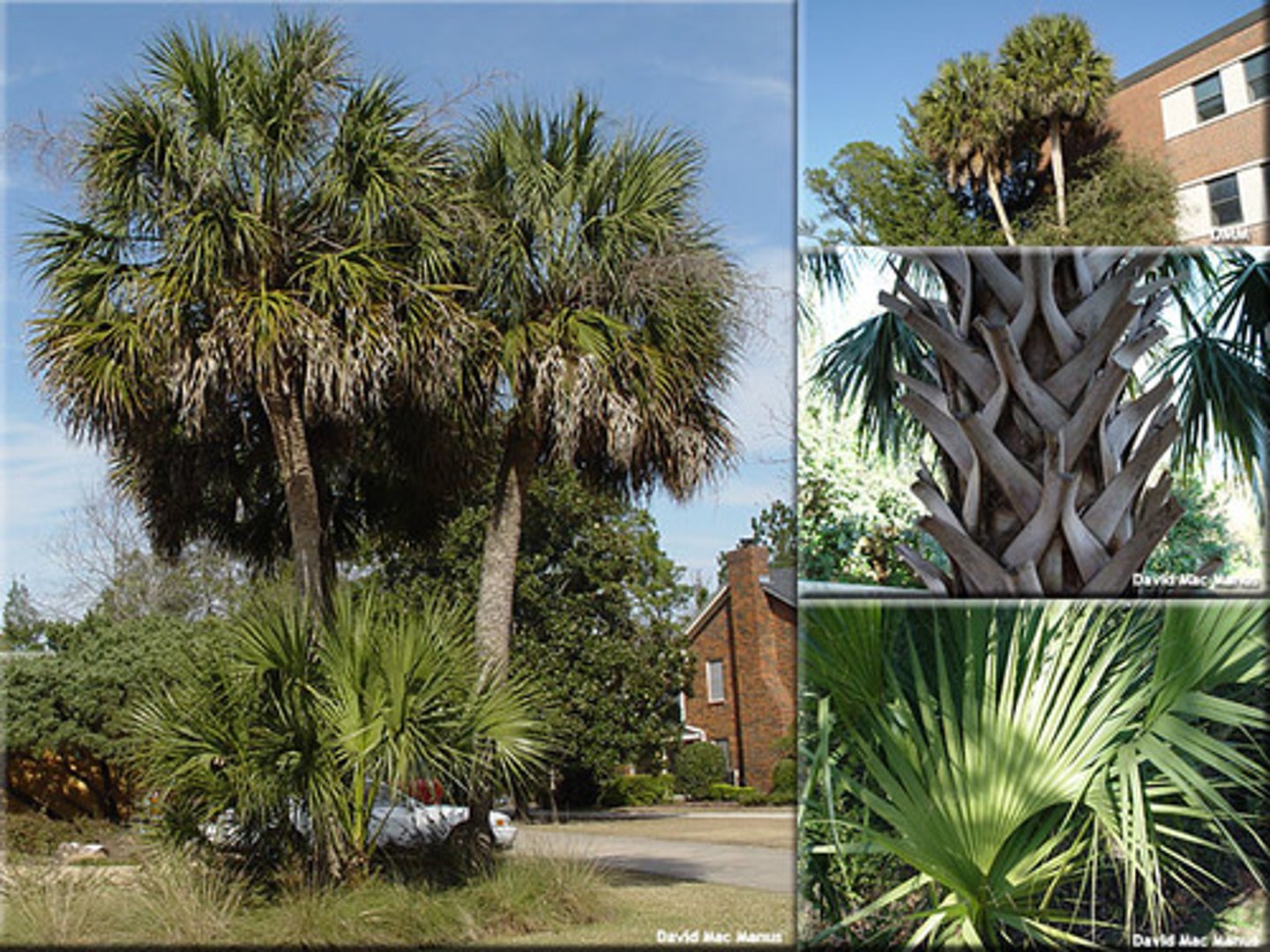
Carnauba Wax: Parts Used
Leaves
Carnauba Wax: Constituents
Myricyl cerotate with some free alcohols and other minor constituents
Carnauba Wax: Uses (3)
1. Tablet coating agent
2. Manufacture: candles and leather polish
3. Replacement of beeswax in phytocosmetics